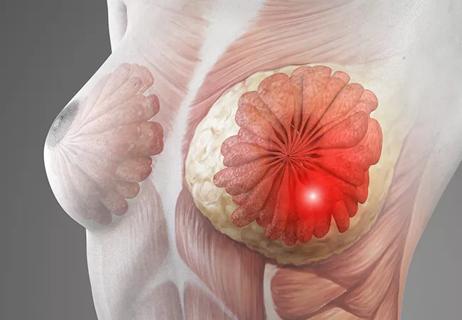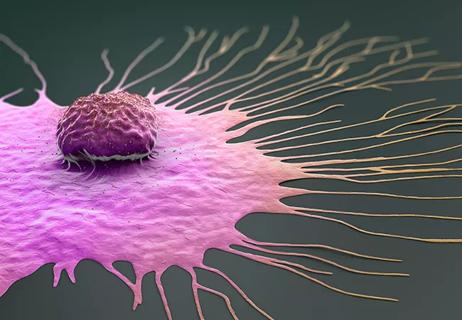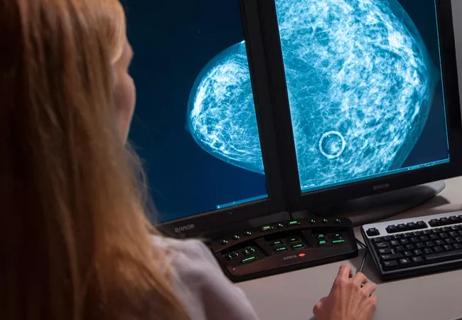Locations:

Understudied Src Family Kinase may serve as a potential therapeutic target

Sarcopenia and sarcopenic obesity appear to increase risk of early chemotherapy termination

Multigene panel testing valuable regardless of age, cancer history

Increased invasive disease-free survival, disease-free survival and overall survival
Advertisement
Cleveland Clinic is a non-profit academic medical center. Advertising on our site helps support our mission. We do not endorse non-Cleveland Clinic products or services. Policy

Prospective study needed to determine best margins

Helps reduce risk of premature menopause
Advertisement
Advertisement